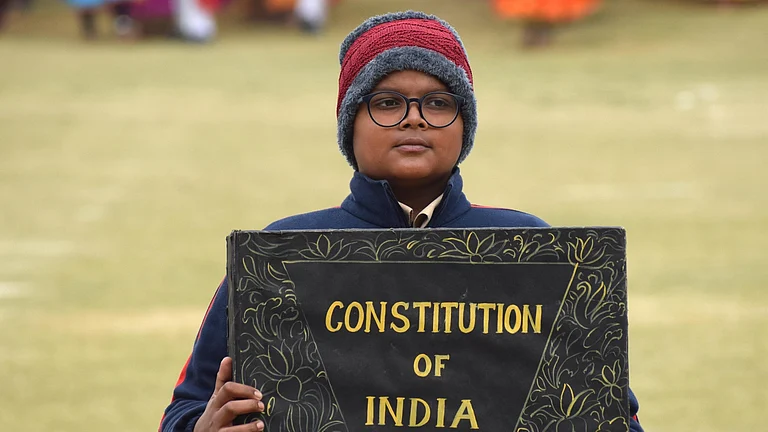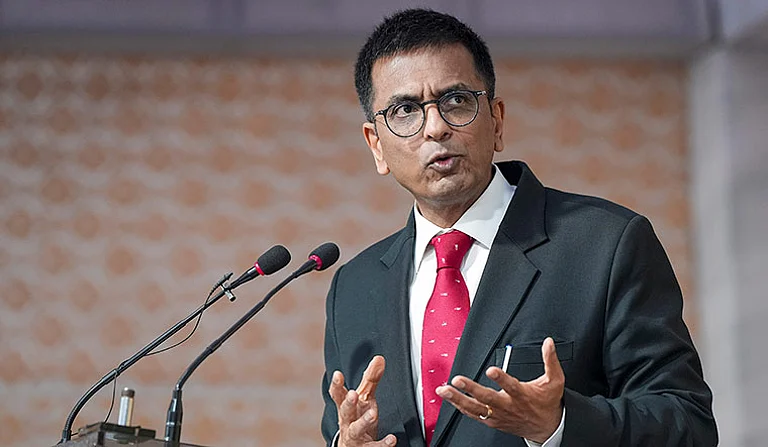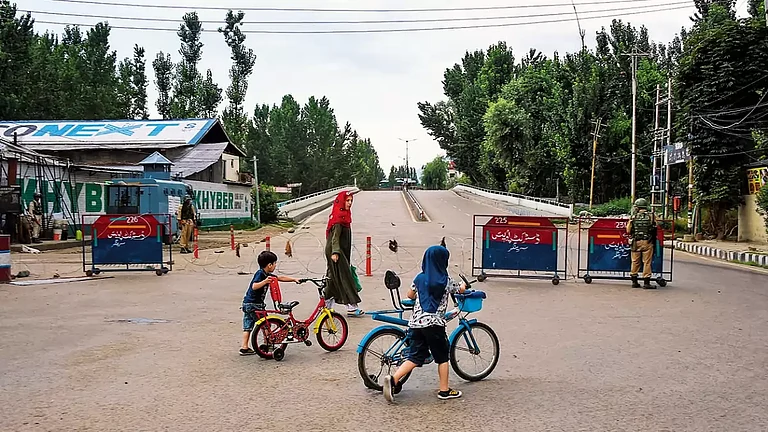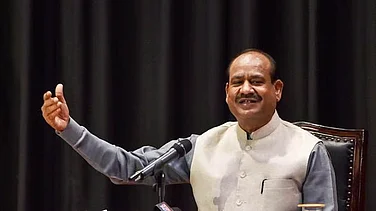Chief Justice of India DY Chandrachud has spoken out about the lasting impact of corporal punishment in schools, recalling a personal experience of being caned as a child.
Addressing a symposium on juvenile justice in Kathmandu, Nepal, on Saturday, Justice Chandrachud described how he was punished for a minor mistake at school. "How you treat children leaves a deep impact on their minds for a lifetime," the Bar and Bench quoted the CJI as saying.
"I will never forget the day at school. I was not a juvenile delinquent, when I was caned on my hands. My offence? Failing to bring the right-sized needles for craftwork.”
The Chief Justice continued, "I still remember pleading to my teacher to cane me on my bum and not my hand. The episode has left an enduring impact on my heart and soul, and it still influences my work today. Such deep is the imprint of travesty on children.”
Justice Chandrachud also referenced a recent case in India, where a 14-year-old rape survivor was granted permission to terminate her 30-week pregnancy. He noted that the girl had remained silent about the abuse she suffered until she was well into her pregnancy, fearing repercussions and hindered by her innocence.
“Fearing repercussions and hindered by her innocence, she kept silent about the abuse she endured until she was well into her pregnancy,” he said.
The Chief Justice stressed on the importance of protecting children's rights, noting that both India and Nepal are committed to upholding international treaties and conventions that safeguard children's rights.
"In both Nepalese and Indian societies, children are revered as the future, and are considered to be the heart of the family unit. Both cultures place a strong emphasis on education, moral upbringing and protection of children's rights"
"Our countries have a shared commitment to International treaties and conventions aimed at safeguarding the rights of children," he noted.







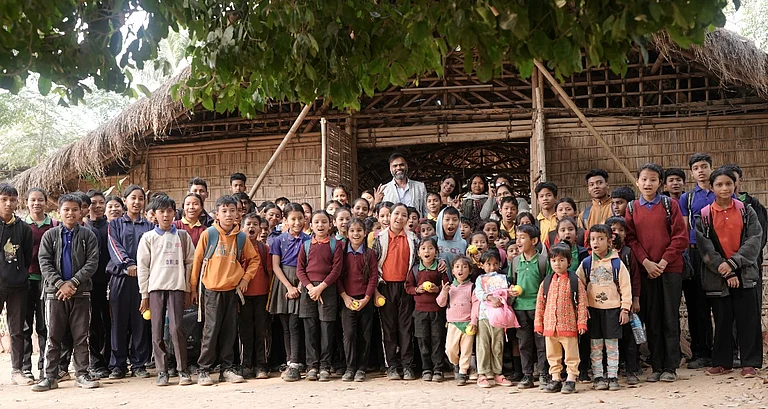
_.jpg?auto=format%2Ccompress&fit=max&format=webp&w=768&dpr=1.0)
